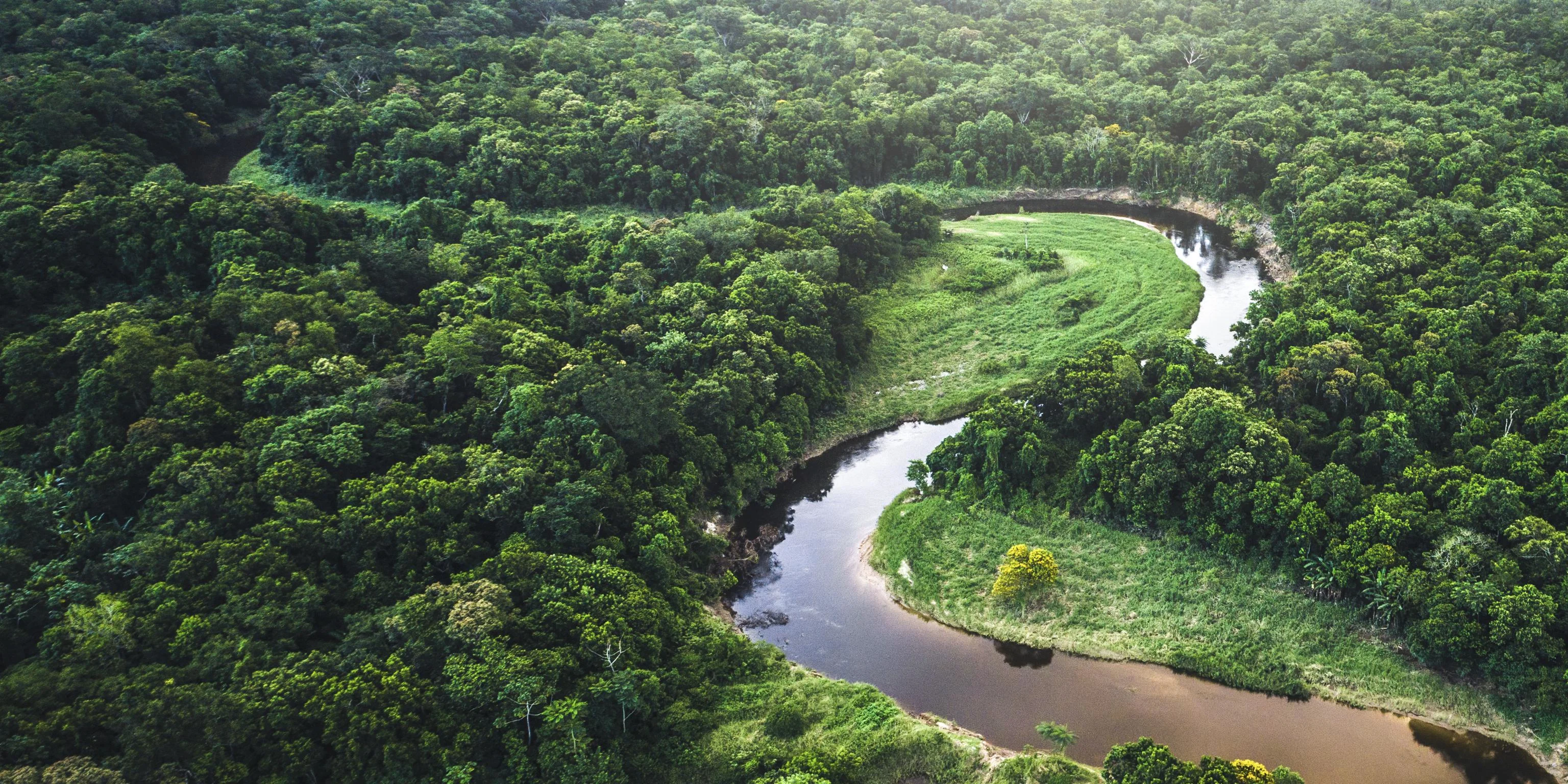
Sustainability
5 minute read
Evaluating companies’ sustainability performance: focus on the ‘what’
The evaluation of how sustainable a company and its business are is a complex task. To bring lasting and relevant impact, we will need to focus more on understanding what the company is actually offering as a solution to the pressing sustainability crises.
Over the past years, we have seen a surge of various sustainability assessments and ratings aiming to create a comprehensive yet simple evaluation of companies’ sustainability performance. While the goal is an important one, the result has been a mix of methodologies that sometimes fails to grasp what is relevant. To put it simply, these assessments and ratings tend to measure companies’ sustainability performance through a combination of different ‘how’ and ‘what’ factors. I believe that in the future, we should increasingly start treating the former as a must-have factor while putting more focus and scrutiny on the latter.

I believe that focus on ‘how’ has also contributed to the recent backlash on ESG. While the backlash is not going to disappear, neither will sustainability - it just makes too much sense for businesses: for economic, environmental and social reasons. And for most of all, long term strategic reasons.
Sustainable practices as a ‘license to operate’
Today, an important component of any sustainability assessment or rating is the ‘how’ component. It can include observing that the company has the necessary governance mechanisms to address sustainability topics, such as policies, targets and decision-making forums with sufficient top management oversight. It can include evaluating whether the company is operating efficiently when it comes to the use of natural resources. Ultimately, the ‘how’ component is about assessing whether a company is doing business sustainably.
For example, Neste was again included in the Dow Jones Sustainability Indices (DJSI) for the 16th consecutive year. Being a DSJI constituent speaks to a very solid sustainability performance as only the leading companies are included in the indices. Neste has also been ranked a top performer in CDP’s climate and forest ratings, providing a sound testament of our good practices in these areas. In the latest 2022 assessment, we reached the Leadership level with an A- score in the Climate Change and Forests assessments, and B in Water Security. The CDP assessments are among the most comprehensive assessments in the world when it comes to companies’ environmental work and practices.
The ‘how’ component, that evaluates just how well we implement and perform sustainability, has been and is necessary to understand how well companies manage particularly their adverse sustainability impacts. It is also a fairly good indicator for evaluating whether a company is equipped to manage sustainability-related risks. Ratings such as the MSCI ESG Rating Index measures a company’s exposure and management of sustainability-related risks and compares it to industry peers. Neste continues to hold an AAA rating, which demonstrates its strong resilience to sustainability risks.
While the ‘how’ component is an important one in many sustainability ratings, we should start treating it more clearly as a ‘license to operate’ factor. We should shift the focus from measuring and communicating our own operational excellence to the real solutions and impact that we’re providing to solve the challenges at hand and ahead.
Focusing on the impact
When evaluating the sustainability of companies, we should more effectively assess the “what” factor as that speaks of the companies’ actual impact. Many sustainability assessments do incorporate some kind of a ‘what’ component in their assessments, in addition to the ‘how’. They may, for example, evaluate the opportunities that a company has or sees in developing more sustainable solutions by observing the amounts of ‘clean’ or sustainable revenue or investments. With these kinds of metrics, we’re moving in the right direction by assessing whether companies are doing sustainable business.
For example, the Global 100 ranking by Corporate Knights is an assessment of the world’s most sustainable publicly traded companies. The ranking puts a strong emphasis (50% of the entire assessment) on the sustainability of companies’ core products and services and the companies’ investments in clean technologies and services. In the 2023 ranking, Neste’s determination in driving the transformation to renewable fuels was again recognized with a placement as 29th out of all the 6,720 companies assessed. Neste has been included in the ranking for longer than any other energy company in the world, and is first among its industry peers.
When we focus on the ‘what’, we’re at the core of any business activity - creating solutions to needs and problems. We just need to make sure that the problem-solving is geared to the right direction towards solving the major sustainability-related issues of our time.
Right question, right answer
I see sustainability reporting and communications moving to a more holistic and sophisticated assessment of the ‘what’ component, focusing on the actual impact that companies are delivering. We need to be able to estimate how effective a solution is in solving, for example, the crises of climate change and nature loss. As an example, this involves putting the considerations of magnitude and scalability of the solution to the same matrix. As the urgency for action becomes ever more pressing, we need solutions that can drive impact in terms of quantity and quick adaptation across industries.
‘What’ is an important focus point also because it brings companies together in solving complex global challenges, instead of continuously optimizing their own work. Naturally, strong sustainability governance and practices are a must to ensure that we do not nullify our good work and progress by creating harm elsewhere. But ‘what’ is the right question to direct people across the organization and industries towards the right goal, to accelerate transformation.
To put it short: focus on doing sustainable business, in addition to doing business sustainably.
Neste is included in multiple sustainability indexes, assessed by third parties. Read more from our website.
Credits: Minna Aila, EVP, Sustainability and Corporate Affairs at Neste